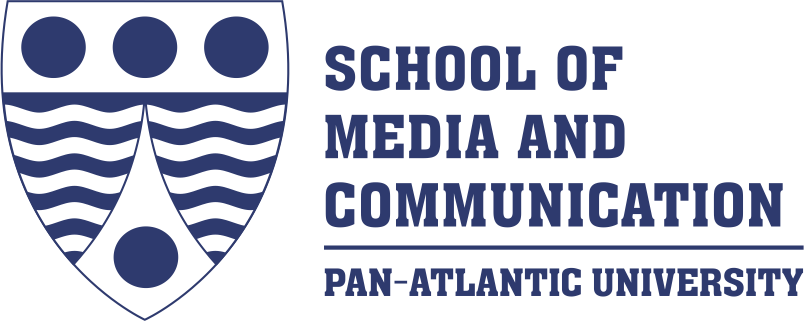Dr. Busola Tejumola, Executive Head of Content and Channels for West Africa at Multichoice was a special guest of the renowned Nollywood Study Centre (NSC) at Pan-Atlantic University on the 9 of March 2025.
The forum, held virtually, attracted a variety of audience such as students, faculty members, creative enthusiasts, and industry professionals. Dr. Tejumola shared her remarkable journey, starting from a background in Information and Communication Technology to joining Multichoice in 2012 as a consumer insight manager. Her path reflected strategic thinking, professional development, and adaptability.
A major focus in her presentation was MultiChoice’s evolving strategy. Increasingly data driven, Dr. Tejumola highlighted how consumer data helps the company make informed decisions related to content acquisition, production, and management. She further narrated the importance of storytelling in audience engagement. According to her, content must not only entertain, but also reflect the values and changes of African societies. This approach, she mentioned, ensure content are relevant, inclusive, and appealing.
In light of digital platforms, she stated how streaming services are influencing viewership and filmmakers need to understand and embrace this in their content distribution. Commending initiatives like MultiChoice Talent Factory, which aims to train the next generation of filmmakers, she encouraged young creators to seek development that can help them hone their skills despite evolving trends.
The filmmakers forum as a flagship of Nollywood Study Centre, serve as bridge between academic training and real-world practice. By featuring professionals like Dr. Busola Tejumola, participants posed questions and received thoughtful responses that provided valuable exposure to the dynamics of evolving landscapes.
The March 2025 edition of the forum was a success. It not only empowered participants with knowledge that could shape their journey, it highlighted the career trajectory of those who aspire to serve as media executives or filmmakers in leading organizations.
